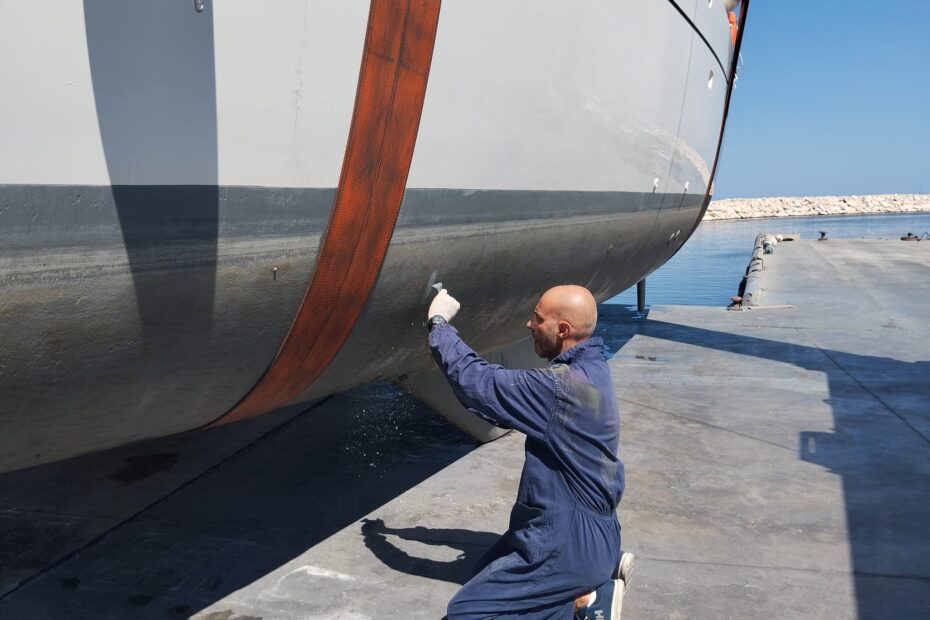Nel processo di acquisto di una barca, il potenziale armatore si trova di fronte a una decisione importante e spesso complessa. Per garantire una scelta informata e sicura, è fondamentale affidarsi a un perito navale esperto. Ecco quali sono le aspettative e le considerazioni principali che un acquirente deve tenere a mente.
Cosa Aspettarsi da un Perito Navale
- Giudizio Professionale Indipendente: Un potenziale armatore dovrebbe poter fidarsi del parere del proprio perito, senza influenze esterne. È vitale evitare interferenze da parte di amici, marinai o skipper, per garantire un’analisi obiettiva.
- Selezione del Perito: La scelta del perito può avvenire attraverso riferimenti personali, elenchi di periti nautici oppure attraverso la valutazione della loro esperienza online. È cruciale occasionare una selezione basata su competenza e reputazione.
Situazioni da Evitare
- Conflitti di Interesse: Attenzione a broker marittimi che consigliano o impongono un loro perito: questa situazione rappresenta un chiaro conflitto d’interesse.
- Servizi “Chiavi in Mano”: Evitare opzioni “chiavi in mano” che possano sembrare allettanti ma che nascondono lati oscuri. Questi servizi potrebbero non tutelare gli interessi dell’acquirente.
Aspettative e Relazioni di Fiducia
Quando un potenziale armatore decide di acquistare una barca, la relazione con il perito deve basarsi su fiducia e trasparenza. Richieste inadeguate, come una valutazione eccessivamente pessimistica dei difetti o stime irrealistiche sui costi di manutenzione, possono compromettere questa relazione.
Fattori di Valutazione: Una Comparazione con l’Acquisto di una Casa
L’acquisto di una barca deve essere approcciato con la stessa serietà dell’acquisto di una casa:
- Zona: La reputazione del cantiere e il modello di barca sono cruciali.
- Estetica e Manutenzione: È essenziale valutare il design e le condizioni estetiche senza trascurare l’integrità strutturale.
- Servizi e Accessibilità: L’ubicazione del cantiere, la qualità dei servizi e l’accessibilità devono essere considerati, così come nel caso di un immobile.
Usura Fisiologica e Costi di Manutenzione
Il perito deve occuparsi dello stato strutturale e meccanico della barca, segnalando i segni di usura fisiologica (come opacizzazioni del gel coat o usura del teak) che non influiscono sulla sicurezza. Le stime sui costi di manutenzione devono essere trattate come informazioni utili, ma non devono servire a giustificare una riduzione del prezzo per motivi speculativi.
Conclusione
Il rapporto tra un potenziale armatore e il proprio perito navale deve fondarsi su fiducia e professionalità. Evitare conflitti di interesse e approcci speculativi è fondamentale per garantire un acquisto sereno e consapevole. Solo così, l’acquirente potrà affrontare il sogno di possedere la barca dei propri desideri con la certezza di aver fatto la scelta giusta.
